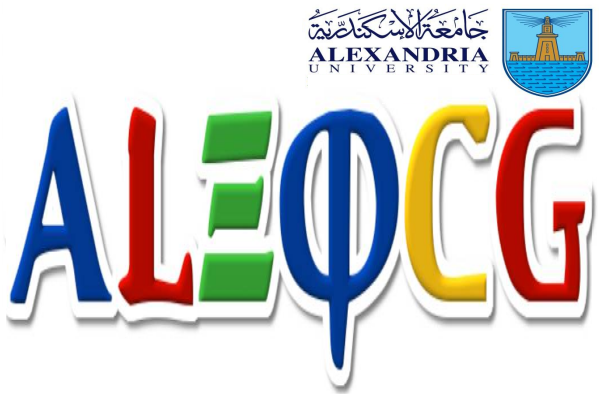

 Alexandria Quantum Computing Group (AleQCG)
Alexandria Quantum Computing Group (AleQCG)

Quantum-dot cellular automata (QCA) are nanoscale digital logic constructs that use electrons in arrays of quantum dots to carry out binary operations. A basic building block for QCA has been proposed. The proposed basic building block can be customized to implement classical gates, such as XOR and XNOR gates, and reversible gates, such as CNOT and Toffoli gates, with less cell count and/or better latency than other proposed designs.
A. Moustafa, "Efficient Quantum-Dot Cellular Automata for Half Adder using Building Block", Quantum Information Review An International Journal, vol. 2019, pp. 1-6, 2019.
A. Moustafa, A. Younes and Y. Hassan, "A Customizable Quantum-Dot Cellular Automata Building Block for the Synthesis of Classical and Reversible Circuits", The Scientific World Journal, vol. 2015, pp. 1-9, 2015.
A.Moustafa and A.Younes (2021). "Efficient Synthesis of Reversible Circuits Using Quantum Dot Cellular Automata, IEEE Access, vol. 9, pp. 76662-76673.
Quantum-Dot Cellular Automata A quantum-dot cellular automaton (QCA) is a promising emerging technology that works on novel paradigms such as synthesis of reversible gates. QCA is a constructing nanoelectronic technology that gives another approach to computation at nano level.